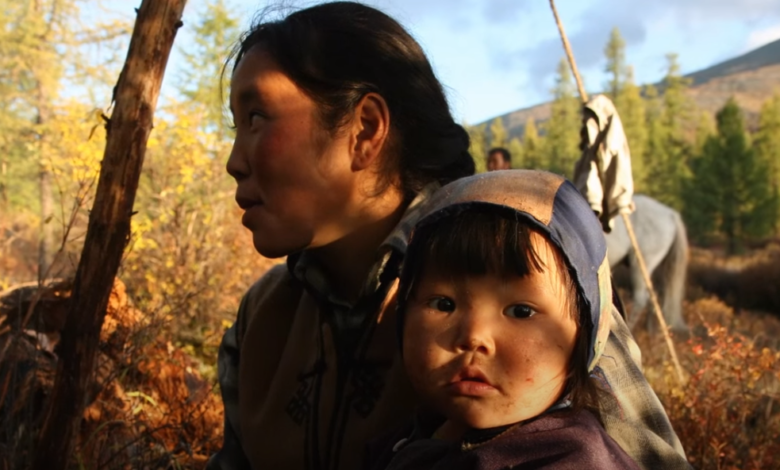Mongolian Nomads Move on Climate Change

Over the last generation, Mongolians have had to cope with many political and cultural changes. For nomadic communities and herders, their traditional way of life has been disturbed and much of their ancestral knowledge and customs have been eroded. For more on this project, including how you can engage with it go to: https://www.clevel.co.uk/carbon-offse…
This has resulted in degradation of the local environment and huge pressures on natural resources and the people and livestock that depend on them. Following three years of research funded by the Darwin Initiative, a new Nomad driven project has been developed under the Plan Vivo Standard, through a partnership between the University of Leicester and the Mongolian Society for Range Management. This project aims to help restore the nomadic way of life by establishing the first ‘payments for ecosystem services’ programme in Mongolia. Providing income to Nomads for biodiversity and climate change action. The majority of income for herders is from their livestock. Consequently, access to natural resources is essential for their livelihoods.
Recently, many nomads have adopted a more sedentary lifestyle – moving only once or twice a year, compared with four to five times in previous generations. This has led to overgrazing and the degradation of the pastures. In addition, many families are keeping much larger herds, which is unsustainable. In some places, this has resulted in livestock numbers being over three times the sustainable limit. Migrating herders who come from other parts of the country to be close to urban facilities and markets exacerbate these problems. Herders also have to compete with a recent increase in the opening of mines, which consume huge amounts of natural resources. All of these problems may seem insurmoutable.
However, simple adherence to traditional nomadic practices can soon alleviate most of the pressures on the land. The project gives voice to the nomads and to the revival in the way that nature is respected and valued. It aims to enable these herder groups to alleviate pressure on local environments, enhance biodiversity, combat growing rural poverty, and to play a part in reducing carbon levels. To achieve this, herders are being encouraged to have fewer livestock and to move more often. This gives pastures the opportunity to recover from grazing, and creates less competition for natural wildlife.
To encourage and promote the balance of local ecosystems, like the Saxual Forests on the edge of the Gobi Desert, herders are now licencing the cutting of trees and working together to stop illegal hunting. These communities, organized through traditional groups called Hesegs, are also planting seedlings to compensate for the demands on woodland and increase soil carbon stocks. Through the sale of Plan Vivo’s triple benefit certificates, local herders are financially compensated for preserving their local environment simply by adhering to traditional nomadic principles.
The project will also develop new sources of income by encouraging herders to strengthen the collective Hesegs. By pooling resources and skills, these collectives are able to sell finished products rather than raw materials, and fetch higher prices. This project is improving livelihoods by facilitating access to carbon & ecosystem finance, based on nomad action on climate change. This encourages local policymakers and communities to think and act more sustainably. It is also giving Mongolians the specific tools they need to reach international biodiversity commitments that presently are not being met. Through the sale of their Plan Vivo cerfificates, and expansion of their project into more Hesegs, these nomadic communities have the chance to not just survive but thrive in the modern age.
For more info and to engage with this project – https://www.clevel.co.uk/carbon-offse…